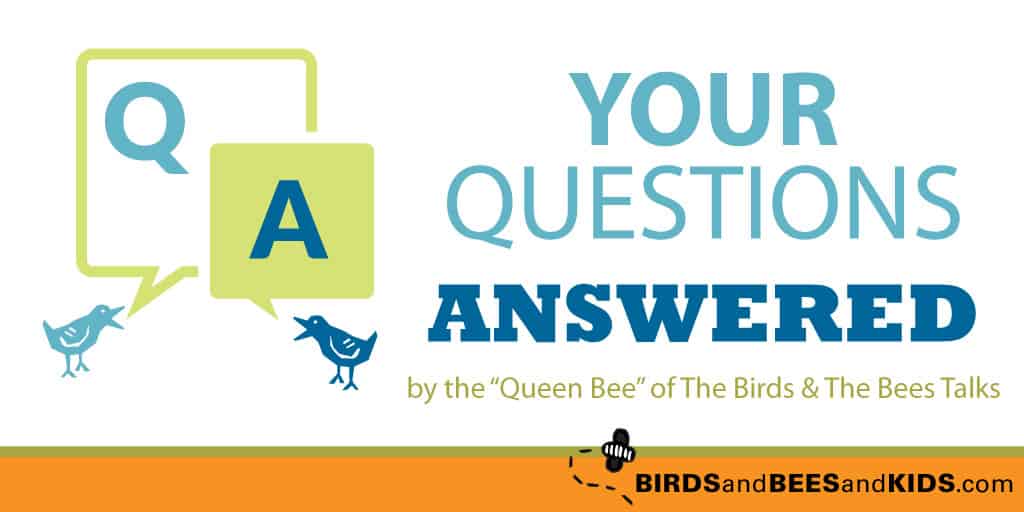
How do I help my elementary school tween navigate crushes, peer pressure and other social stuff?
Hey Amy!
Do you have any resources regarding talking with kids who are in elementary school tween phase and navigating the social stuff around crushes? Our school just had a pretty significant collective issue with this around a group of kids, girls, making our annual school dance out to be a “date” thing.
It wasn’t and never has been and some of the kids were making fun of kids around this “date” thing so much that a lot of kids who normally would go wouldn’t. It was a huge bummer and was also disruptive in classes and such for weeks leading up to it.
Any thoughts on how I can help my elementary school tween navigate crushes, peer pressure and other social stuff?
Consider the sources that are influencing your tweens as they navigate their crushes
I asked my colleague Nicole Monastersky Maderas, MPH to take this on. She is a reproductive rights and justice professional dedicated to promoting access to and education about sexual and reproductive health. – Amy
My kids often ask me if I remember what it was like when “fill-in-the-blank-happened” when I was their ages. Most of the time, I cannot. But I very clearly recall my first crush and navigating the related social pressures. I remember that for all my elementary-school years, my crush and I exchanged silent furtive glances. I remember feelings of excitement and exhilaration, as well as anxiety and uncertainty. My adult memory of my crush is that it was a normal part of my elementary-school years.
Crushing is, in fact, a developmentally normal and healthy and, at the same time, extraordinary tween experience. Crushes may also be the source of real tween problems including bullying, peer pressure, sexual exploitation, anxiety and depression.
Peer group pressure begins in elementary schools, as early as nine-years old. The group dynamics that emerge from elementary peer groups help our kids in their development of positive friendships, relationships and social support. However, there are also downsides that include the group influence when it creates unfair standards which can be divisive and foundational for the “in- (and out) crowd”.
The Good News
Fortunately, these are the years in which you can still influence their feelings and decisions. These are the years when tweens may listen to you about what to do with those feelings and about how to be respectful and treat everyone as s/he wishes to be treated. They are tuning in to what is okay and what isn’t in crush land- not to mention friendships and social groups. They may be wrestling to ‘do the right thing’ and still stay on good terms with their peer groups, but not know how.
Kids are eager to mimic relationships. Consider the sources that are influencing your tweens as they navigate their crushes. Are media or older sibs influencing their perspective? As parents, we have the opportunity to use these sources in “teachable moments” and initiate conversations about crushes and relationships. Kids need conversational opportunities to talk about their feelings. And they need to have their feelings validated as a normal part of their development.
Communication Tips
One effective way to do this is by asking clarifying (and neutral) questions to help keep the lines of communication open. For those kids who are not eager to discuss their feelings, making it universal –“some kids feel … about crushes” – may help take the personal discomfort out of the conversation.
Another effective conversation starter can be sharing your own experiences about your elementary crushes, from when you were a kid oh-so-long ago to help normalize this part of their development.
If we model empathy for their experiences, we are implicitly teaching them to be empathetic—with their crushes, current peer groups, and future relationships.
Good luck!
~ Nicole (and Amy)





